Watch this video to find out about the often overlooked story of civil rights pioneer Claudette Colvin.
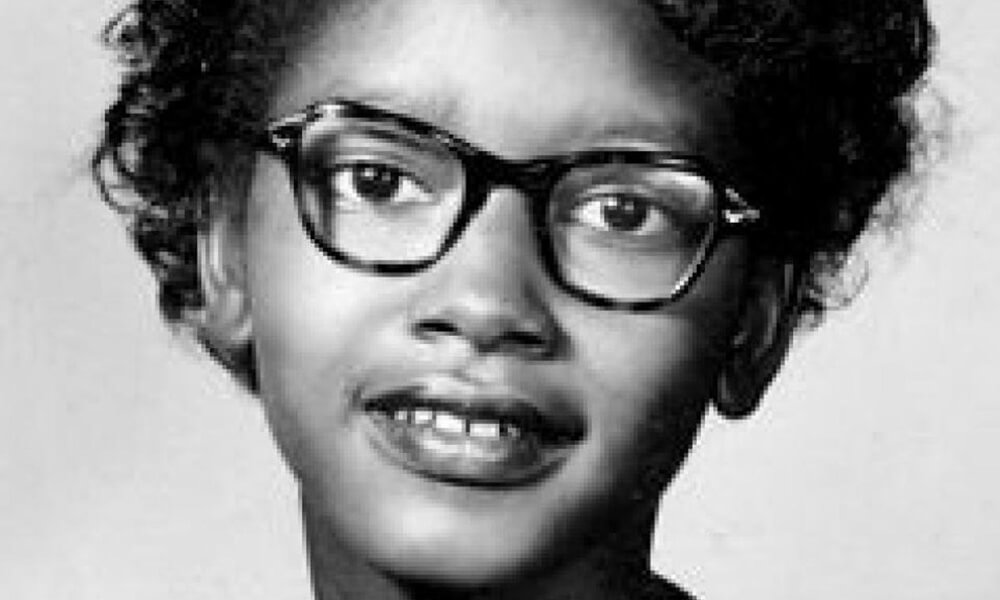

Watch this video to find out about the often overlooked story of civil rights pioneer Claudette Colvin.

Watch this short TED video about the brave women who lead an underground revolution against one of the worst dictators in the Dominican Republic’s history.
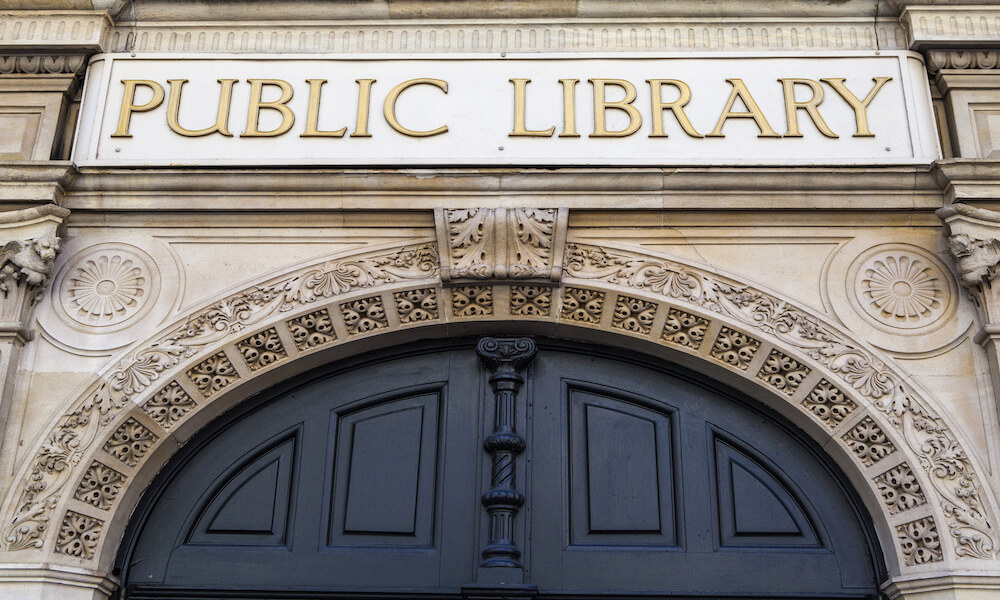
Steel magnate Andrew Carnegie was also a dedicated philanthropist who used his wealth to establish hundreds of public libraries. Listen to the story here.
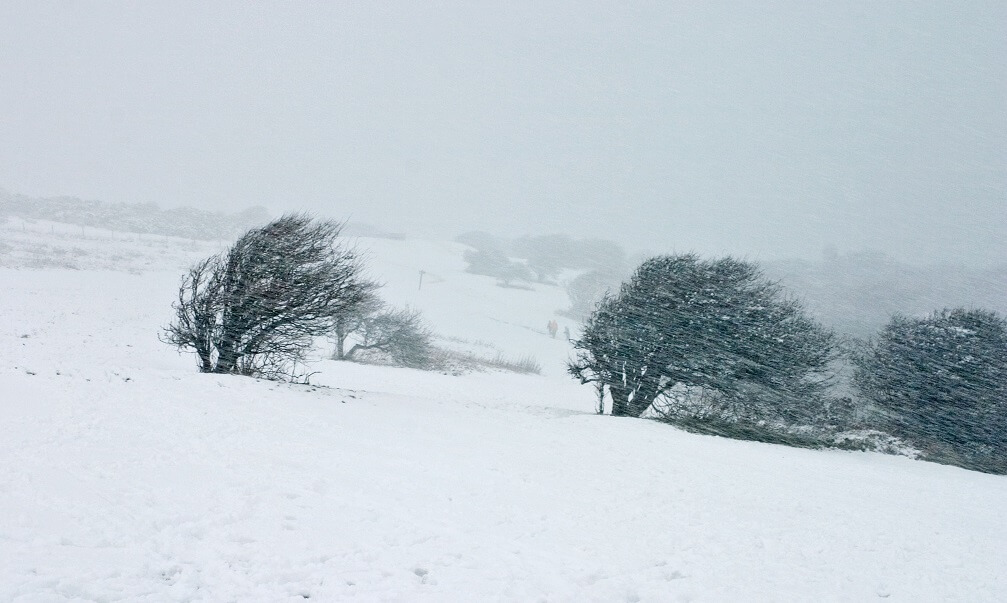
Hear Holocaust survivors describe their harrowing experiences in their own words.

Read about the history of the thriving Harlem film scene from the Harlem Renaissance to the present day.
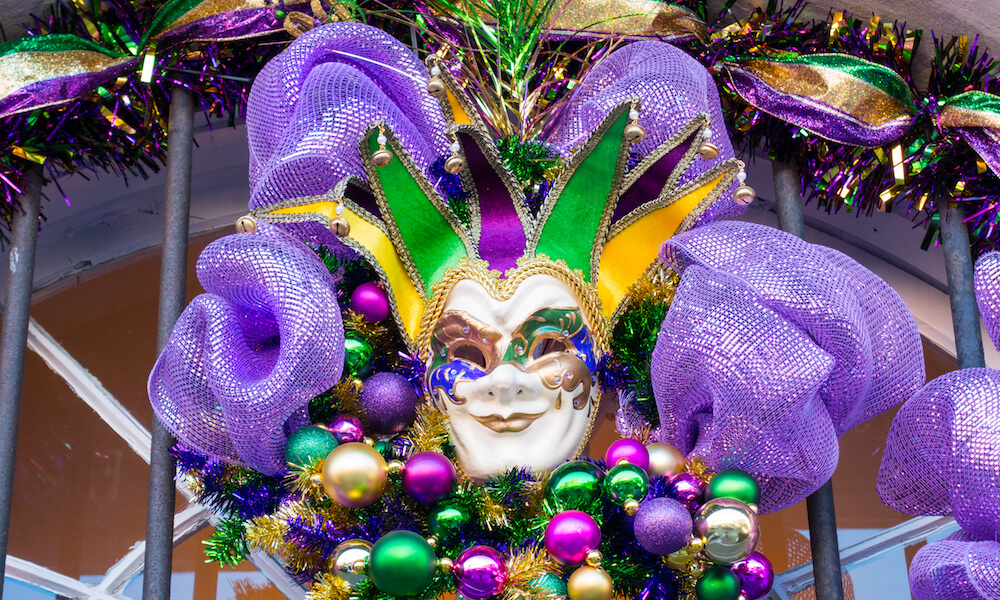
What exactly is Mardis Gras, and where is it celebrated? Its long-standing history embedded in different places throughout the world may surprise you!
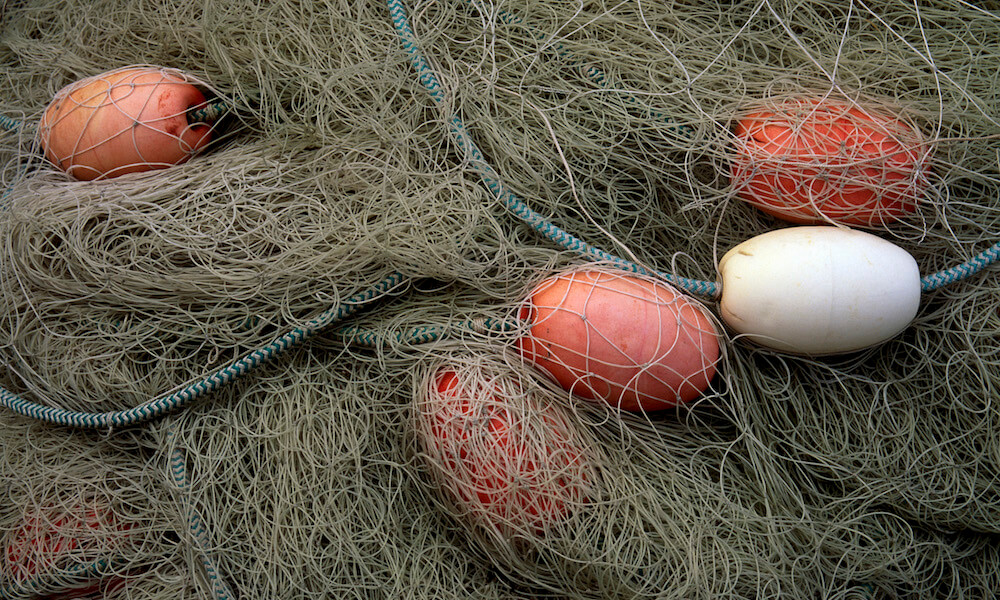
Robert France argues that mythical sea serpent sightings were probably marine animals tangled in fishing gear.

Muckraking journalists are keen-eyed observers unafraid to expose the truth—even at great risk to themselves. View images of the investigative work of journalists and writers who took on powerful entities, exposing corruption and protecting the interests of citizens.
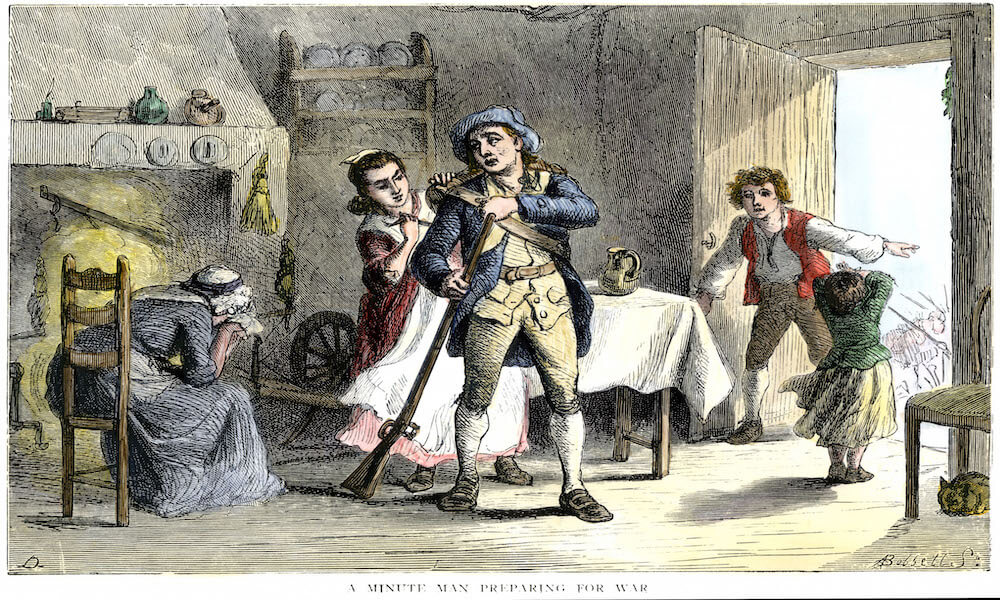
How did the families of everyday colonists respond when the Revolutionary War started? Read a brief list of some of the ways that the children of the Minutemen and Continental Army soldiers answered the call during the Thirteen Colonies’ struggle for independence.
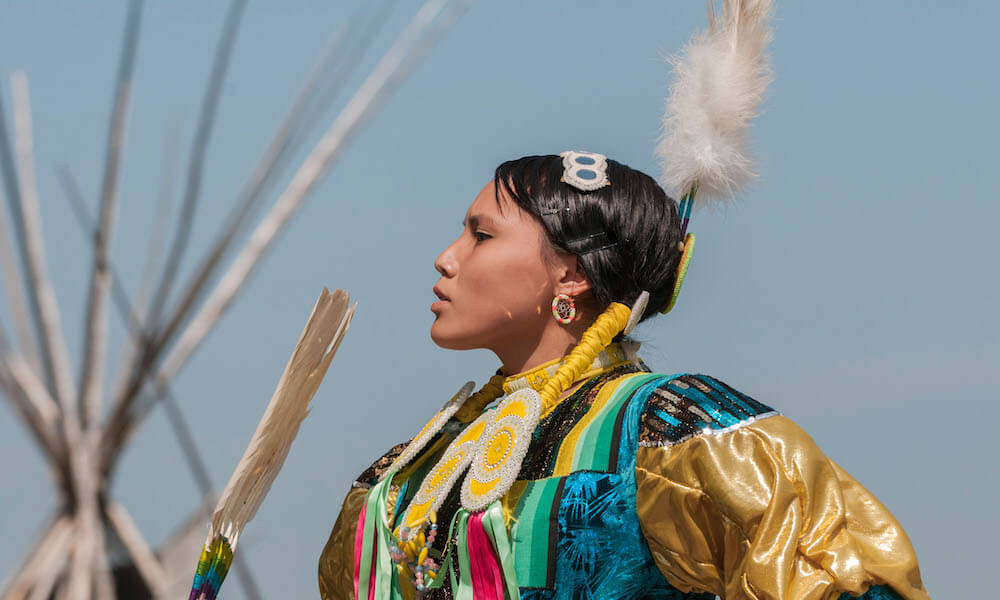
Native American women achieved important but often overlooked accomplishments in the early development of North America. Their success inspired later trailblazing efforts. Read the extraordinary stories of five Native American women whose impact went beyond forging the groundwork of an emerging new nation.
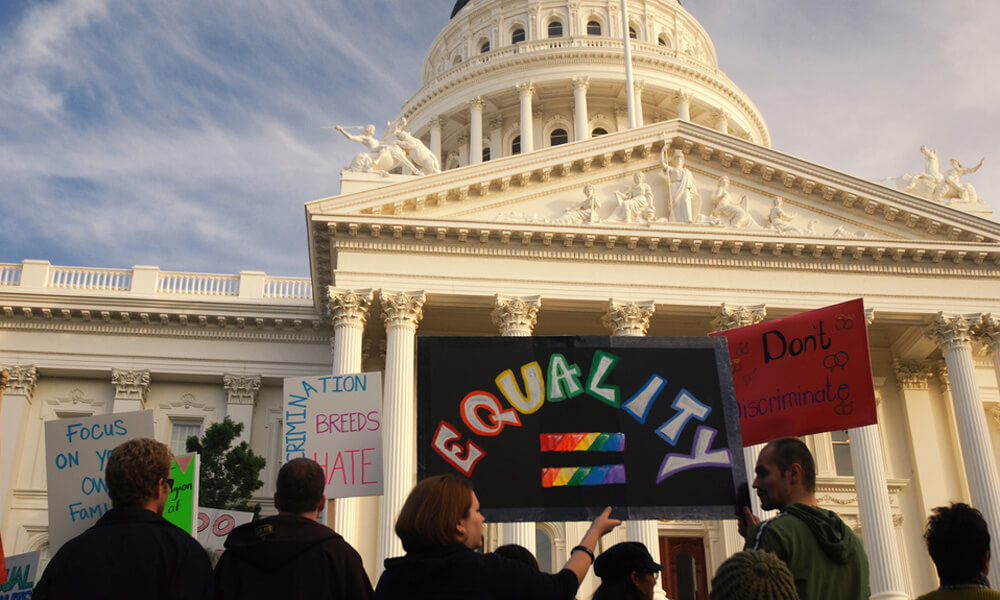
This article highlights some of today’s leaders in the ongoing struggle for freedom and equality.
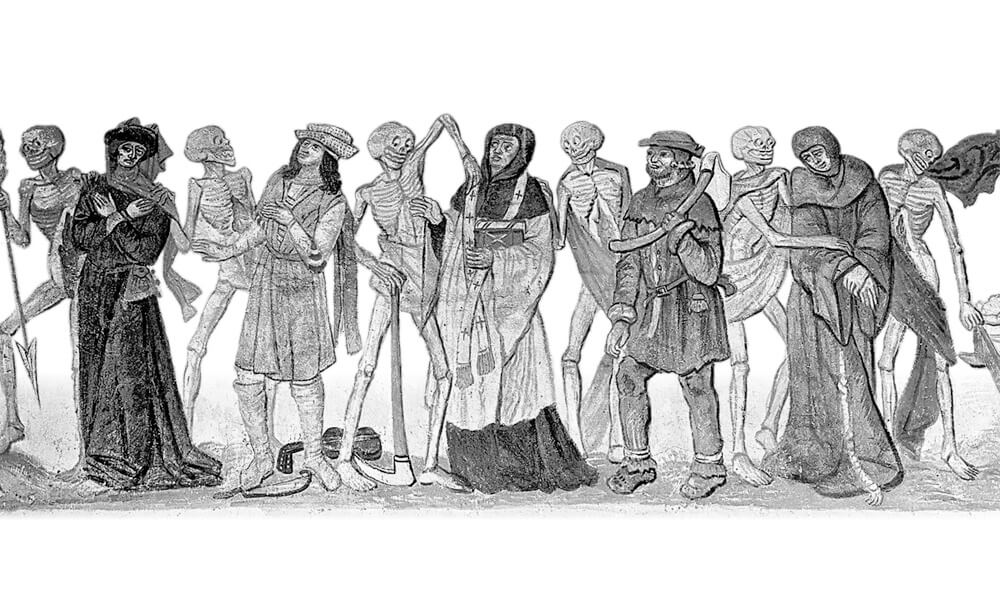
This piece examines several ways Shakespeare was affected by the plague. It also points out how the plague plays an crucial role in the plot of Romeo and Juliet.

Watch this short video about the legendary Hindu princess Savitri and her devotion to her one true love.

As the Holocaust recedes into the past, urgency to preserve its historical memory grows.
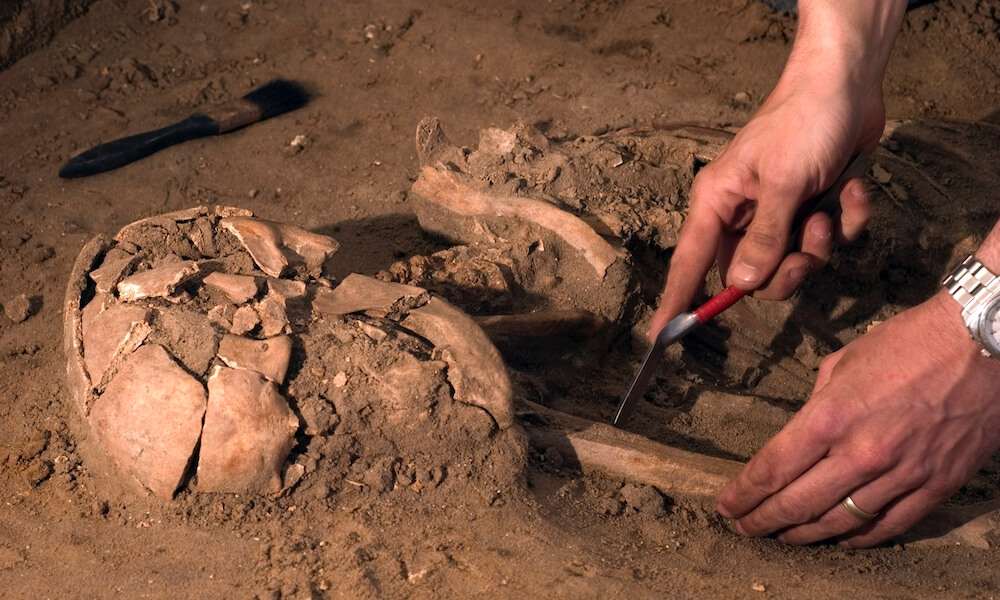
Fugitive African slaves seeking freedom in early America found refuge at St. Augustine. Granted freedom by the Spanish, these skilled laborers eventually established the first legal free black town in the present-day United States.
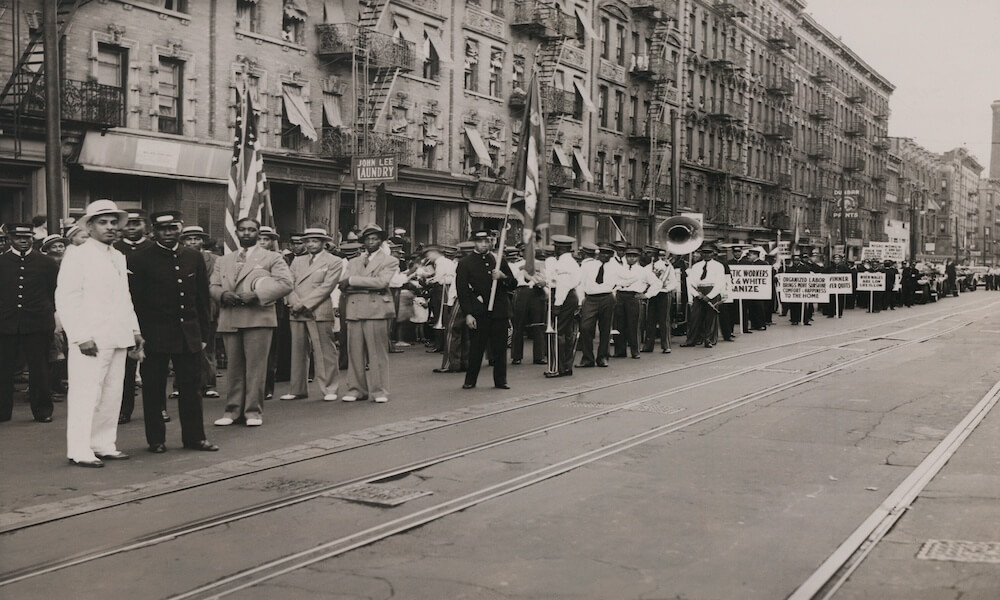
The Pullman porters provided exemplary service at the height of luxury train travel in America. Their efforts to unionize and promote workers’ rights went beyond the picket lines to impact the Great Migration and the growth of the African American middle class.

Meet the unsung heroines who deciphered military codes during the first and second World Wars.

Read about the different holidays celebrated this time of year by people all over the world.
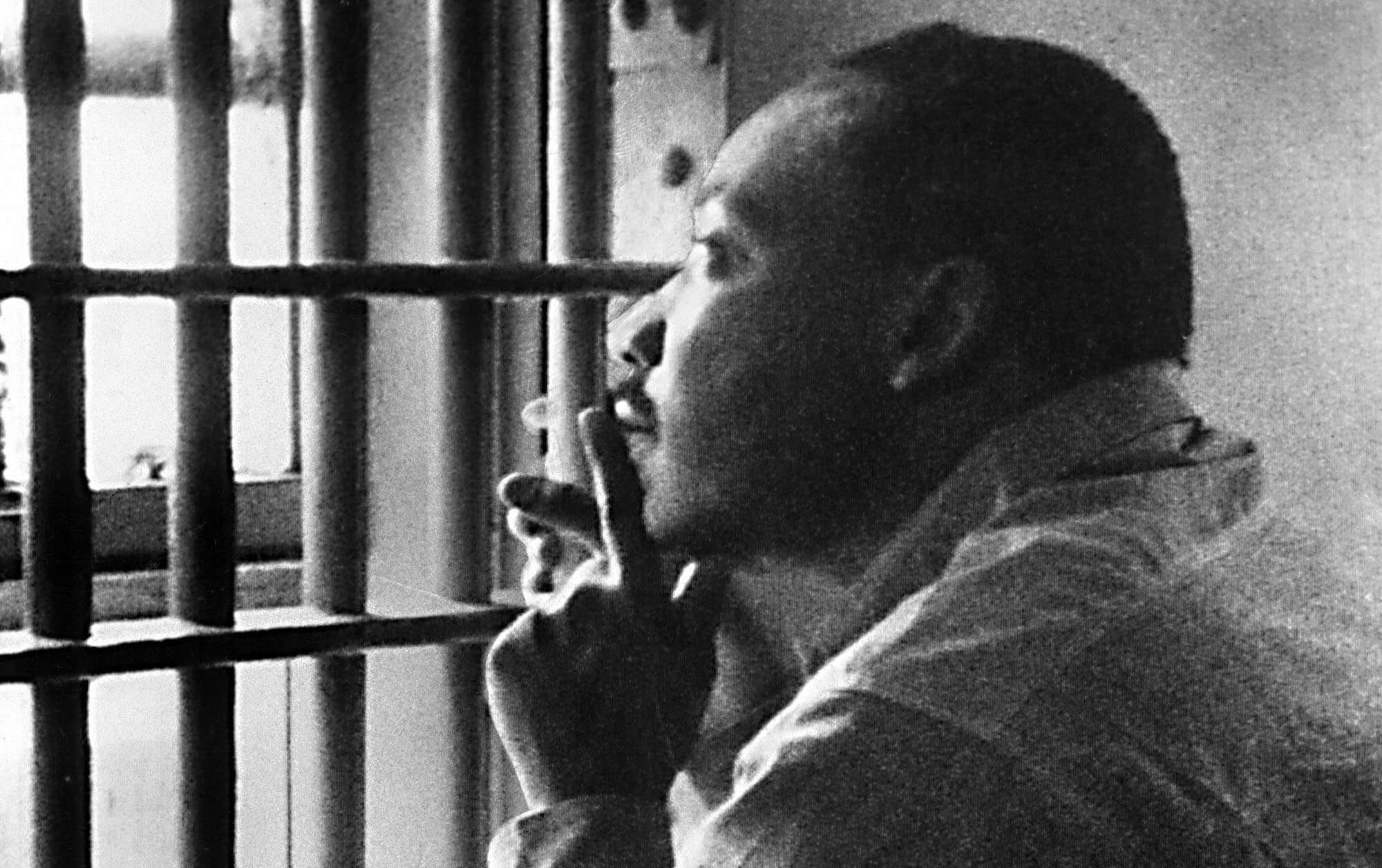
Read about what these students have achieved through their continued activism.

Joseph McGill, Jr., a descendant of slaves, has slept in 41 of the remaining slave dwellings so far. He hopes to bring awareness to the small buildings that housed slaves before the buildings all disappear.